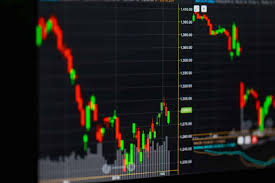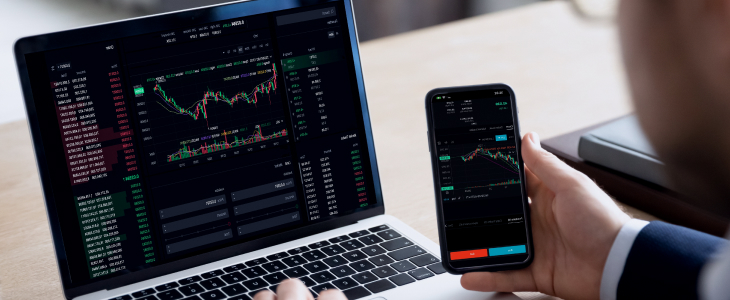
How to Open a Forex Trading Account: A Comprehensive Guide
In today’s fast-paced financial world, many individuals are looking for ways to diversify their income or invest for future growth. Opening a forex trading account has become increasingly popular, providing an opportunity for traders to engage in the global currency market. Whether you are a seasoned trader or a complete beginner, this guide will provide the information you need to open a forex trading account successfully. Additionally, you can find plenty of options with open forex trading account Trading Brokers in Pakistan to facilitate your forex trading journey.
What is Forex Trading?
Forex trading, or foreign exchange trading, involves the buying and selling of currencies on the foreign exchange market. It operates 24 hours a day, five days a week, allowing traders to take advantage of fluctuations in currency value. The forex market is the largest and most liquid financial market in the world, with a daily trading volume exceeding $6 trillion.
Benefits of Forex Trading
Forex trading offers a range of benefits that attract both novice and experienced traders:
- High Liquidity: The forex market has a vast number of participants, ensuring that trades can be executed quickly at market prices.
- Leverage: Many brokers offer leverage, allowing traders to control larger positions with a smaller amount of capital.
- Diverse Trading Options: Traders can trade various currency pairs, providing opportunities to profit in different market conditions.
- Accessibility: With the advent of online trading platforms, accessing the forex market has never been easier.
Steps to Open a Forex Trading Account
Opening a forex trading account is a straightforward process, but it is important to follow the right steps to ensure that you choose a reputable broker and set up your account correctly.

1. Research Forex Brokers
Before opening an account, it is essential to research and select a trading broker carefully. Consider the following criteria when evaluating brokers:
- Regulation: Ensure the broker is regulated by a governing authority, as this provides a level of security for your funds.
- Trading Platform: Look for a user-friendly trading platform equipped with tools and resources that suit your trading style.
- Fees and Spreads: Compare the fees and spreads charged by different brokers to find the most competitive rates.
- Customer Support: Excellent customer service is crucial, especially for beginners who may have questions or require assistance.
2. Fill Out the Application Form
Once you have chosen a broker, you will need to fill out an application form. This typically includes:
- Your full name
- Date of birth
- Contact information (email and phone number)
- Residential address
- Financial information (income, net worth, and trading experience)
3. Verification of Identity
Most brokers require identity verification to comply with regulatory requirements. You may need to provide:
- A government-issued ID (passport or driver’s license)
- Proof of address (utility bill or bank statement)
4. Fund Your Account
After your account is verified, you can fund it. Brokers accept various deposit methods, including:

- Bank transfers
- Credit/Debit cards
- Electronic wallets (such as PayPal or Skrill)
Be sure to check for any minimum deposit requirements and potential fees associated with funding your account.
5. Familiarize Yourself with the Trading Platform
Take time to explore the trading platform provided by your broker. Most platforms offer a demo account that allows you to practice trading with virtual funds. Utilize this feature to understand how to place trades, use the analytical tools, and set up your trading strategies.
6. Start Trading
Once you feel comfortable with the platform and have developed a trading plan, you can begin trading. Consider starting with small amounts to manage risk while gaining experience.
Tips for Successful Forex Trading
Forex trading can be lucrative yet risky. Here are some tips to help improve your chances of success:
- Plan Your Trades: Develop a trading plan that includes entry and exit strategies, risk management, and performance monitoring.
- Stay Informed: Keep up with economic news and events that can impact currency values, such as interest rate changes and geopolitical developments.
- Utilize Stop-Loss Orders: Protect your capital by setting stop-loss orders to minimize potential losses.
- Practice Risk Management: Never risk more than a small percentage of your trading capital on a single trade.
Conclusion
Opening a forex trading account is the first step towards participating in one of the most vibrant and dynamic financial markets in the world. By following the steps outlined in this guide and continuously educating yourself, you can navigate the forex market with greater confidence. Remember to start small, manage your risks, and continually refine your trading strategies for the best chance of success.




